Present-day Foreclosure Figures Differ from 2008

In recent news, you may have noticed headlines discussing a rise in foreclosures within the current housing market. This might have caused some concern, especially if you're contemplating purchasing a home. However, it's crucial to delve into the background of these reports to grasp the accurate picture of the present situation.
As per the de by ATTOM, a property data provider, foreclosure filings have risen by 2% compared to the previous quarter and 8% from one year ago. Although media outlets are highlighting this increase, focusing solely on the numbers might lead to concerns about potential price crashes. However, it's essential to recognize that while there is an upward trend, the data indicates that the market is not heading towards a foreclosure crisis.
Now, to gain a comprehensive perspective, let's examine the most recent data within its context and compare it to previous years.
It Isn’t the Dramatic Increase Headlines Would Have You Believe
Over the past few years, the foreclosure rates have reached historically low levels. This decline can be attributed to the implementation of various relief programs for homeowners, such as the forbearance program, during the challenging period of 2020 and 2021. These initiatives helped millions of homeowners retain their properties and regain stability. Additionally, the simultaneous increase in home values enabled many homeowners to utilize their equity and opt for selling their houses instead of facing foreclosure in different circumstances. Looking ahead, equity will remain a significant factor in preventing people from falling into foreclosure.
With the government's moratorium coming to an end, a predictable increase in foreclosures occurred. However, it's crucial to understand that a rise in foreclosures doesn't necessarily indicate trouble in the housing market. As pointed out by Clare Trapasso, Executive News Editor at Realtor.com: [rest of the quote goes here].
"Numerous foreclosures that we are witnessing now were originally expected during the pandemic. However, federal, state, and local foreclosure moratoriums were put in place to protect homeowners and delay these proceedings. Real estate experts emphasize that the current situation is distinct from the Great Recession; it is not a case of widespread financial distress among homeowners unable to afford their mortgage payments. Instead, the rise in foreclosures is primarily attributed to lenders catching up on delayed procedures that would have occurred during the pandemic if moratoriums had not been enacted."
In a recent article, Bankrate also explains:
“In the years after the housing crash, millions of foreclosures flooded the housing market, depressing prices. That’s not the case now. Most homeowners have a comfortable equity cushion in their homes. Lenders weren’t filing default notices during the height of the pandemic, pushing foreclosures to record lows in 2020. And while there has been a slight uptick in foreclosures since then, it’s nothing like it was.”
In essence, there won't be an abrupt surge of foreclosures overwhelming the market. The rise in foreclosures is a combination of the previously explained delayed activity and, to a larger extent, the impact of prevailing economic conditions.
To illustrate the stark contrast between the current scenario and the housing crash, refer to the graph below. The graph presents data on foreclosure filings for the first half of each year since 2008, clearly demonstrating that foreclosure activity has consistently remained lower since the crash.

Although foreclosures are on the rise, it is evident that the current foreclosure activity bears no resemblance to the levels witnessed back then. Present-day foreclosures are significantly lower than the record-high numbers reported during the housing market crash.
Furthermore, one of the primary reasons for the substantial difference in foreclosure rates is that today's buyers are generally more qualified and less prone to defaulting on their loans.
Bottom Line
At present, placing the data in its proper context holds significant importance. Although the housing market is witnessing an anticipated increase in foreclosures, it remains far from the crisis levels observed during the housing bubble burst. Consequently, this rise in foreclosures is unlikely to trigger a crash in home prices.
Categories
Recent Posts
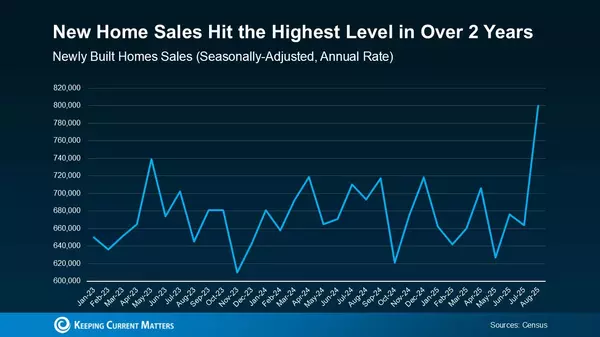
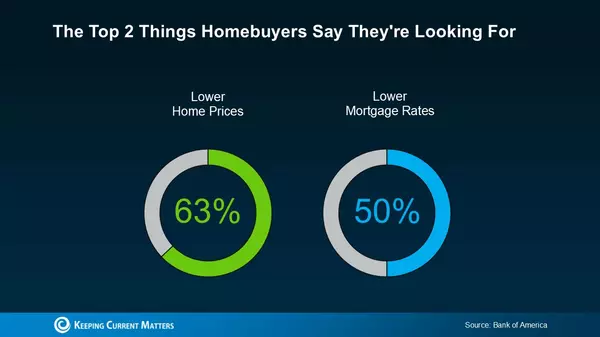
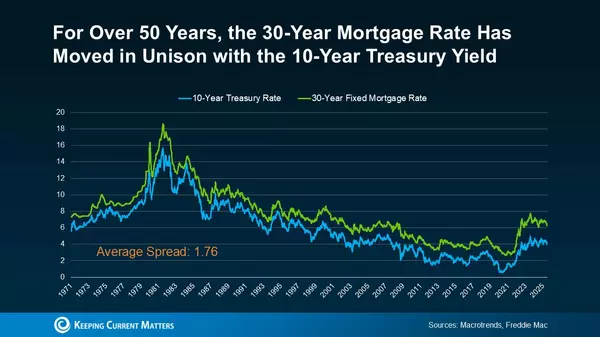
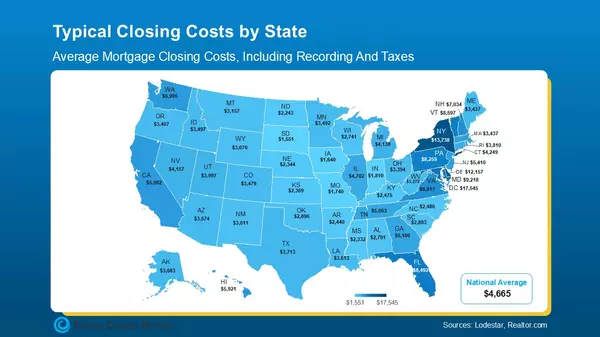
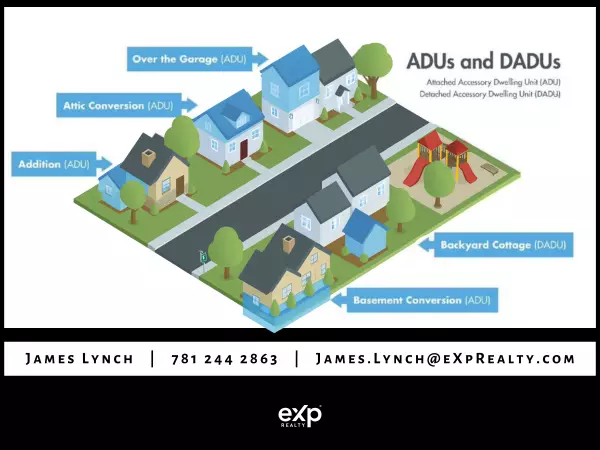

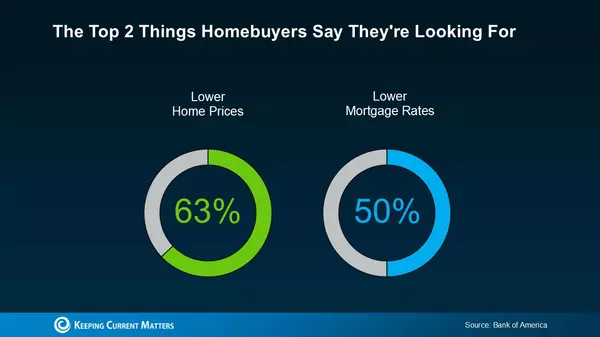
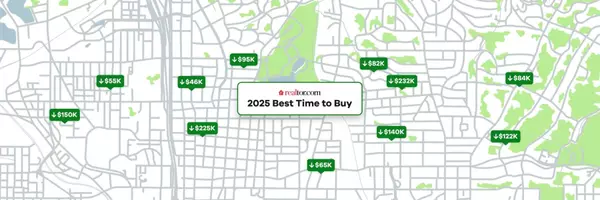
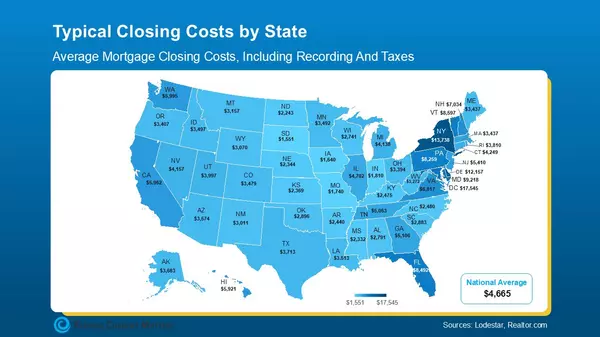
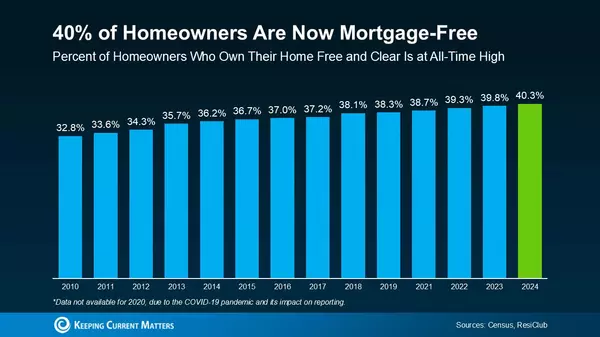
GET MORE INFORMATION


